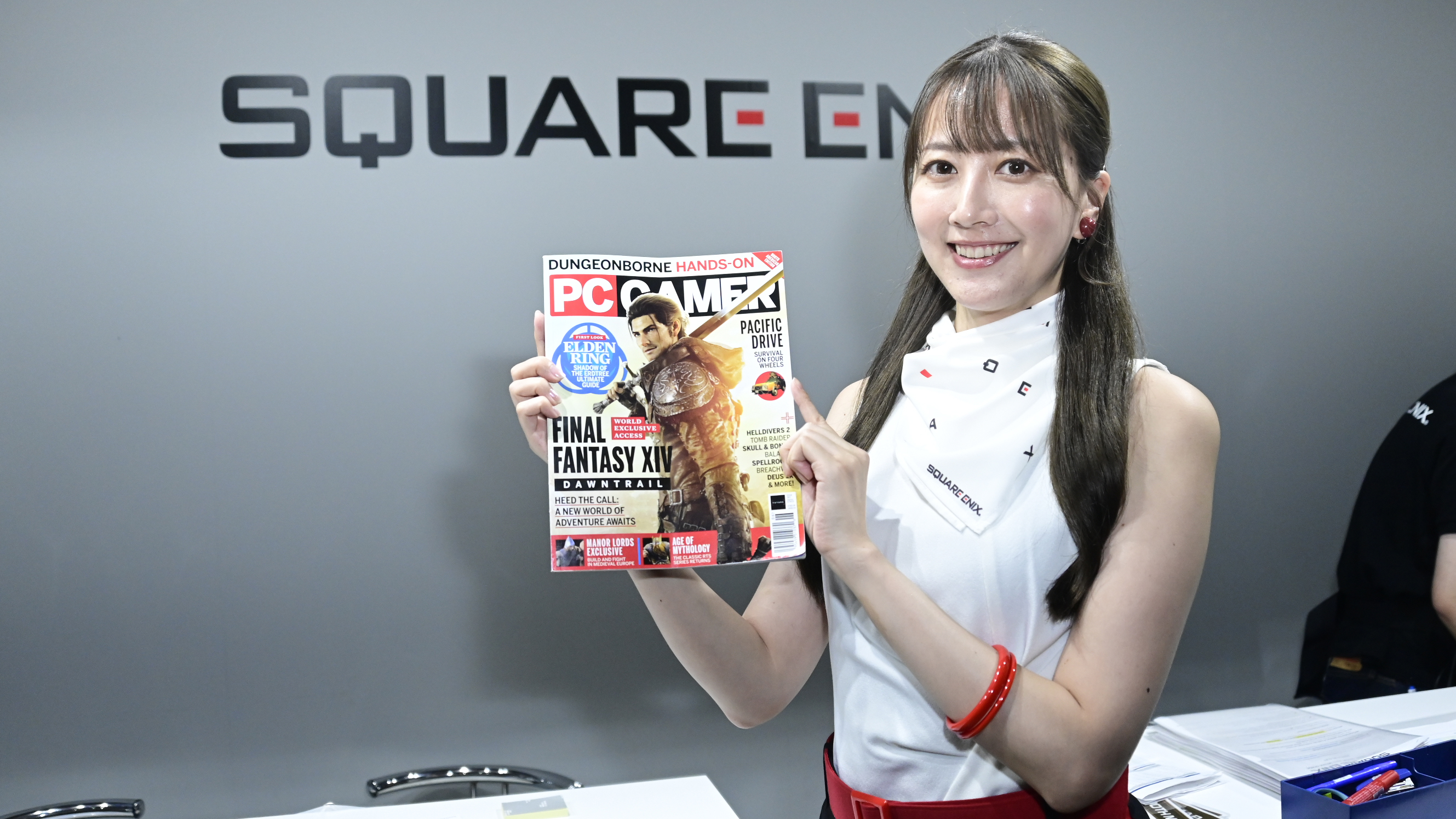
Following the death of E3, which was hastened by the Covid pandemic, the Tokyo Game Show is now the biggest gaming show on Earth, and this year it celebrates its 28th anniversary, with TGS 2024 held once more at Tokyo's famous Makuhari Messe exhibition center. And, after attending Tokyo Game Show 2024 on day one, post-pandemic TGS has just gotten bigger, not smaller, with not only almost all major game makers showcasing their new games, but plenty of smaller indie studios, too.
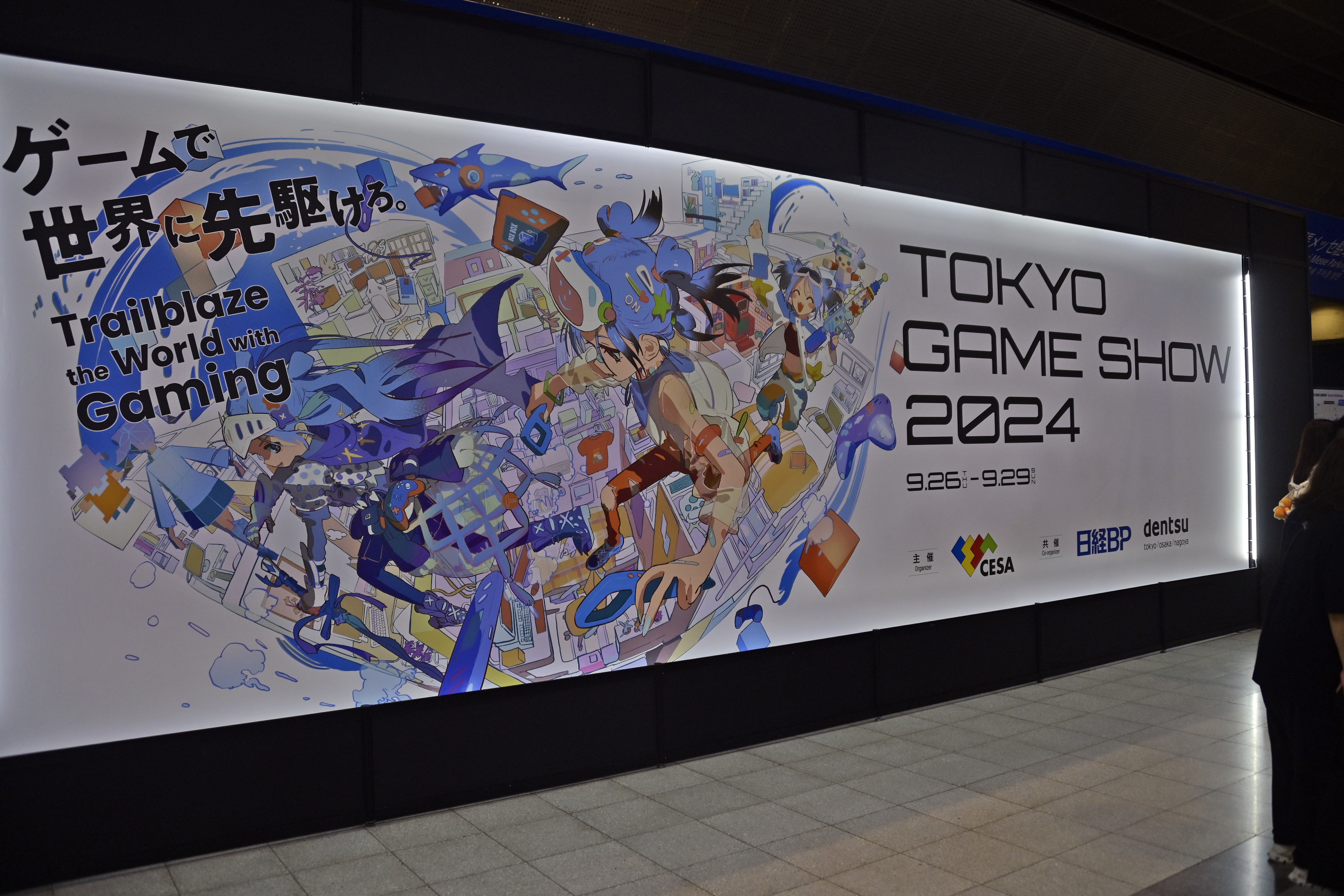
So what are the key takeaways from the show for PC gamers? Well, the most notable is that PC gaming is not only massively on the rise in terms of platform interest, but also that it appears to be sailing over, at least to a degree, the rough seas that the console and mobile markets are experiencing, something that is being helped by the PC's strong indie game scene right now. PC, Steam, and Game Pass (playable on PC) are everywhere at TGS 2024, with a specific marked increase in attention from the major Japanese game makers, such as Konami, Capcom, Sega, and Bandai Namco.
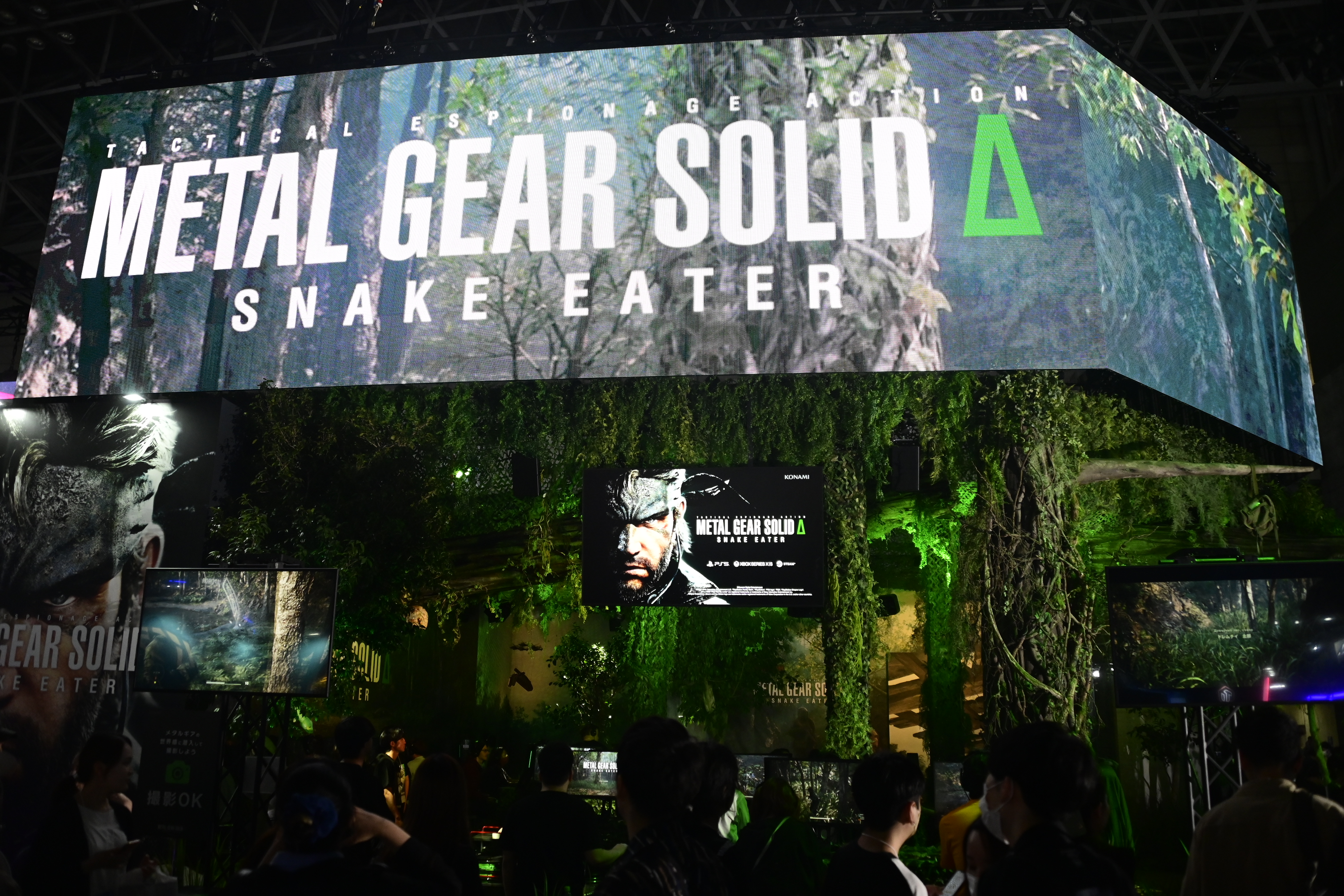
Due to the pretty widespread collapse of the old-fashioned console exclusives market, whereby certain games never came to PC or, at best, only came to PC after long delays and usually rocking a shonky port, now game makers (but specifically Japanese game makers, who have traditionally just looked at the console market), are now releasing their games on PC as a priority, with day one releases and quality ports.
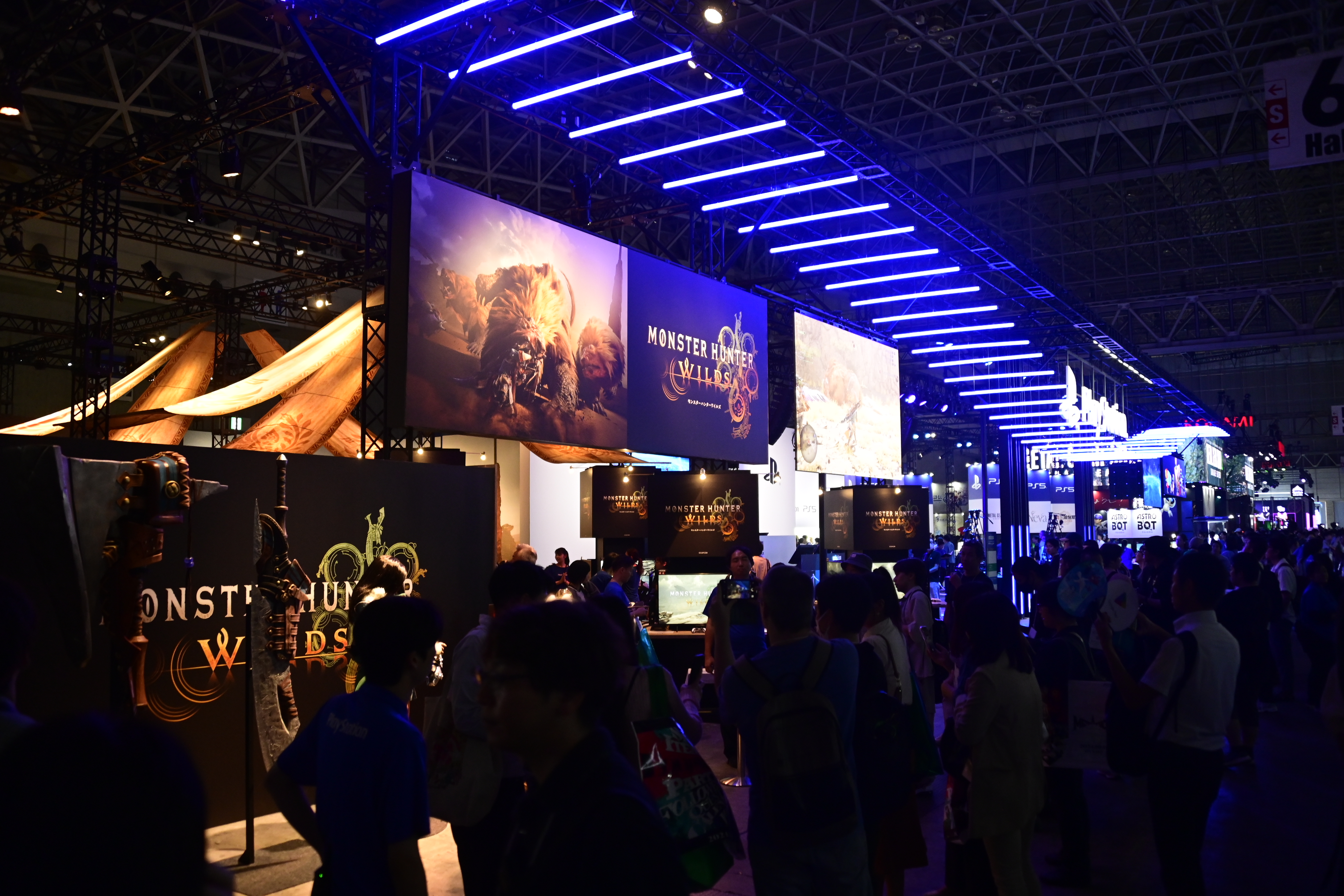
For AAA, less is hopefully more
However, while the PC is getting more attention, there are overall fewer AAA games coming from major Japanese game makers. Japanese firms, despite some notable financial wins recently, such as Capcom selling over 13.9 million copies of Resident Evil 2, or Tekken 8 being a huge hit for Bandai Namco, clearly seem to be focussing now (either purposely, or because of the huge industry-wise contraction we've seen over the last two years that's led to huge amounts of developers being let go) on quality over quantity. That means cashing more than ever on safe bets, such as remasters of classic games.
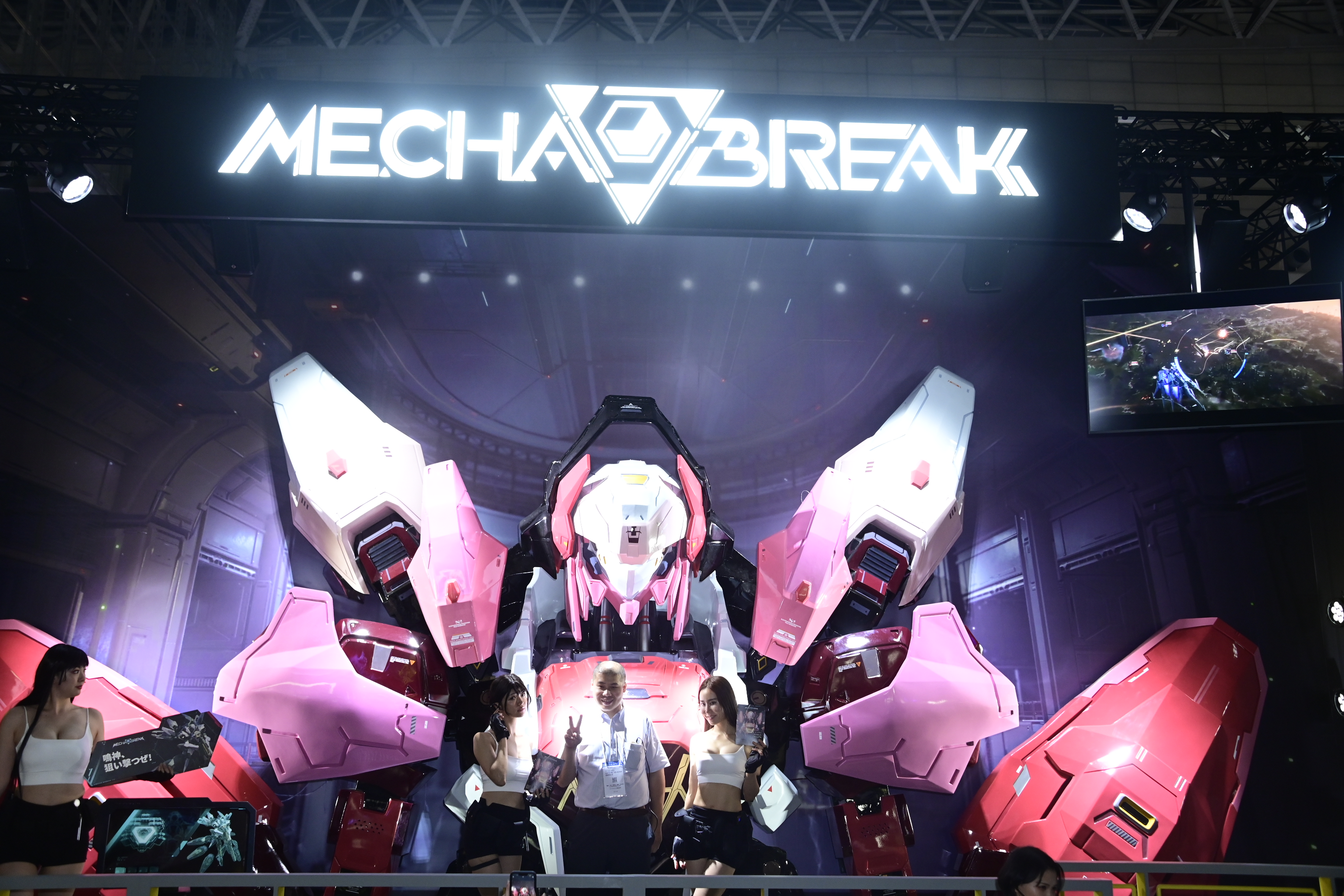
It also explains why Japanese publishers like Sega, Capcom and Square Enix really are pushing into PC in a big way. Take the Sega-published new game from Atlas, Metaphor: ReFantazio. Traditionally that would almost certainly have been a console exclusive, but now not only is the game already listed on Steam, and with a free prologue demo to play, too, but the game is releasing on PC day one.
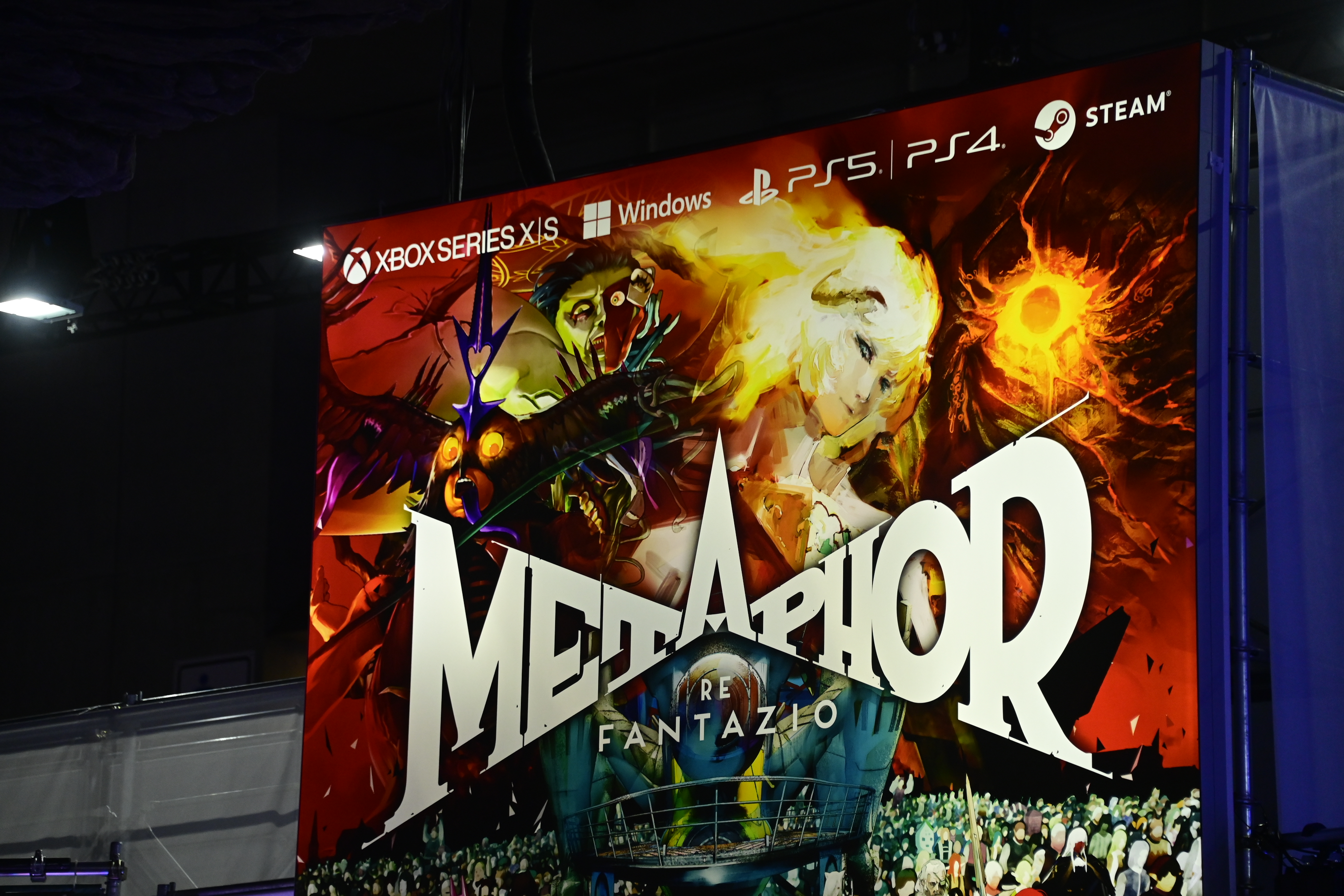
One of the Japanese firms that has seemingly suffered most from the industry contraction and newly focussed on releasing major AAA games on PC, as well as leaning heavily into remasters, is Sony, which has recently laid off 900 employees. But if you look at its activities recently, the pattern becomes clear. From PC releases of Ghost of Tsushima: Director's Cut, Final Fantasy XVI and God of War: Ragnaröck, and onto Horizon: Forbidden West Complete Edition and the just-announced Horizon: Zero Dawn Remaster (coming out on PC day one, you will notice), PC and remasters is a big Sony focus.
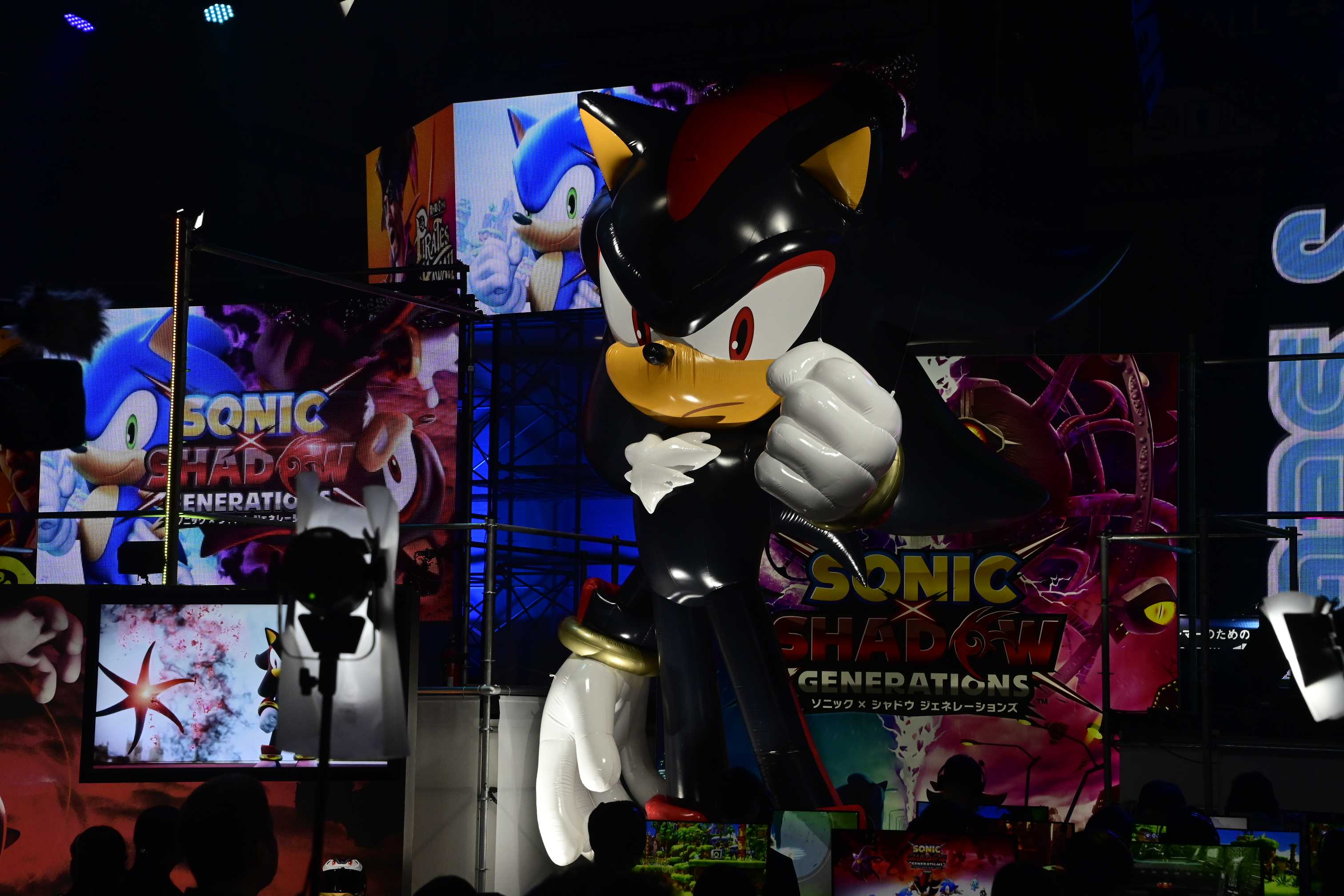
Indeed, forgetting about remasters and previously announced titles, the most notable highlights from Japanese studios at TGS 2024 are Sonic X Shadow Generations (Sega), Dragon Ball: Sparking! Zero (Bandai Namco), Monster Hunter Wilds (Capcom), Fantasian Neo Dimension (Square Enix), and Fatal Fury: City of the Wolves (SNK). And these aren't flanked by many other titles; these studios will be hoping these games are surefire hits.
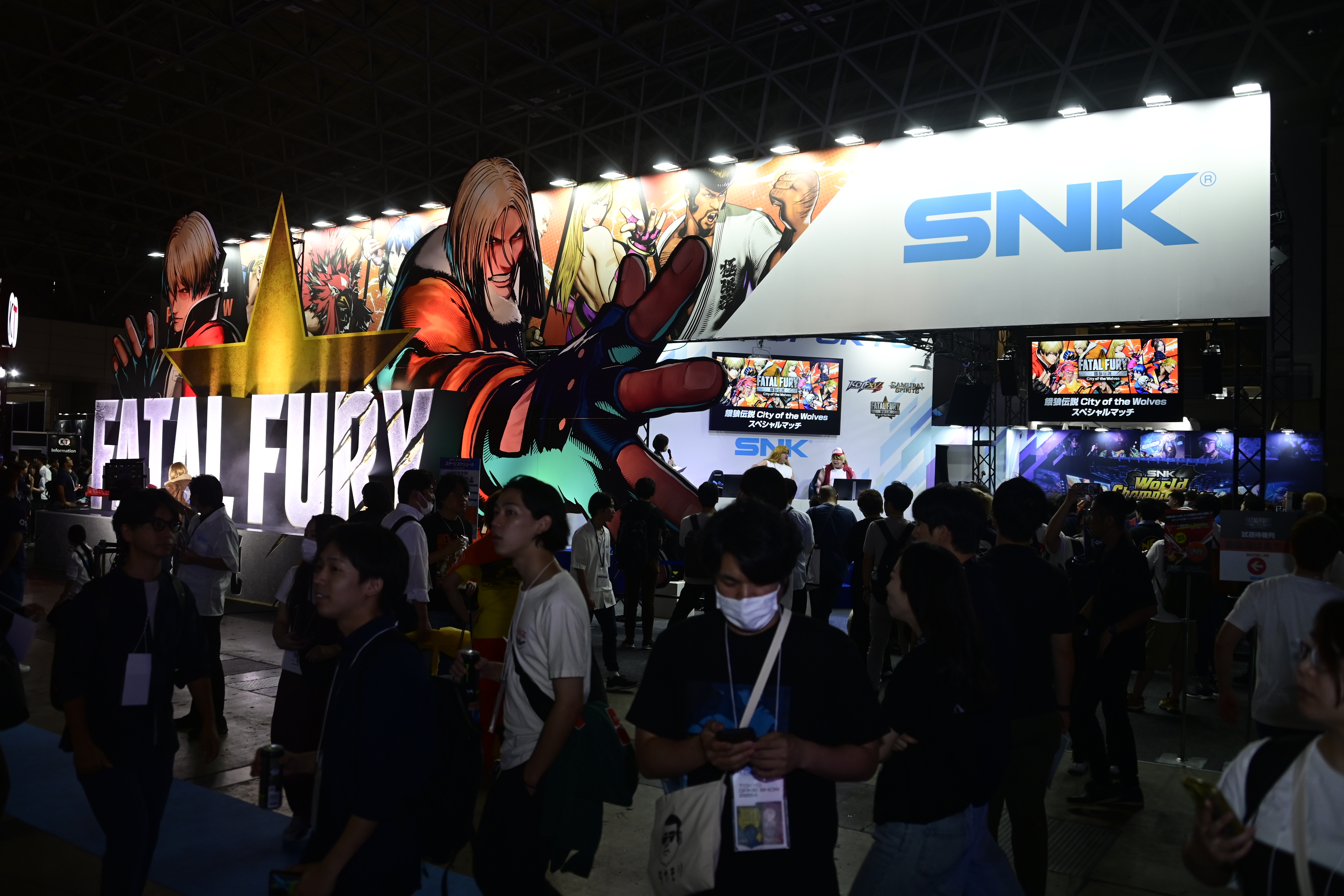
Indie games are more important than ever
Outside of the AAA scene, the smaller in-house studios now seem directed at producing games with shorter lead times. After all, development times on major games have really ballooned over the past 10 years. If you ask me, this strategy is so that publishers have a steady stream of smaller games to help keep money flowing in and, most importantly, keep share prices up each financial quarter.
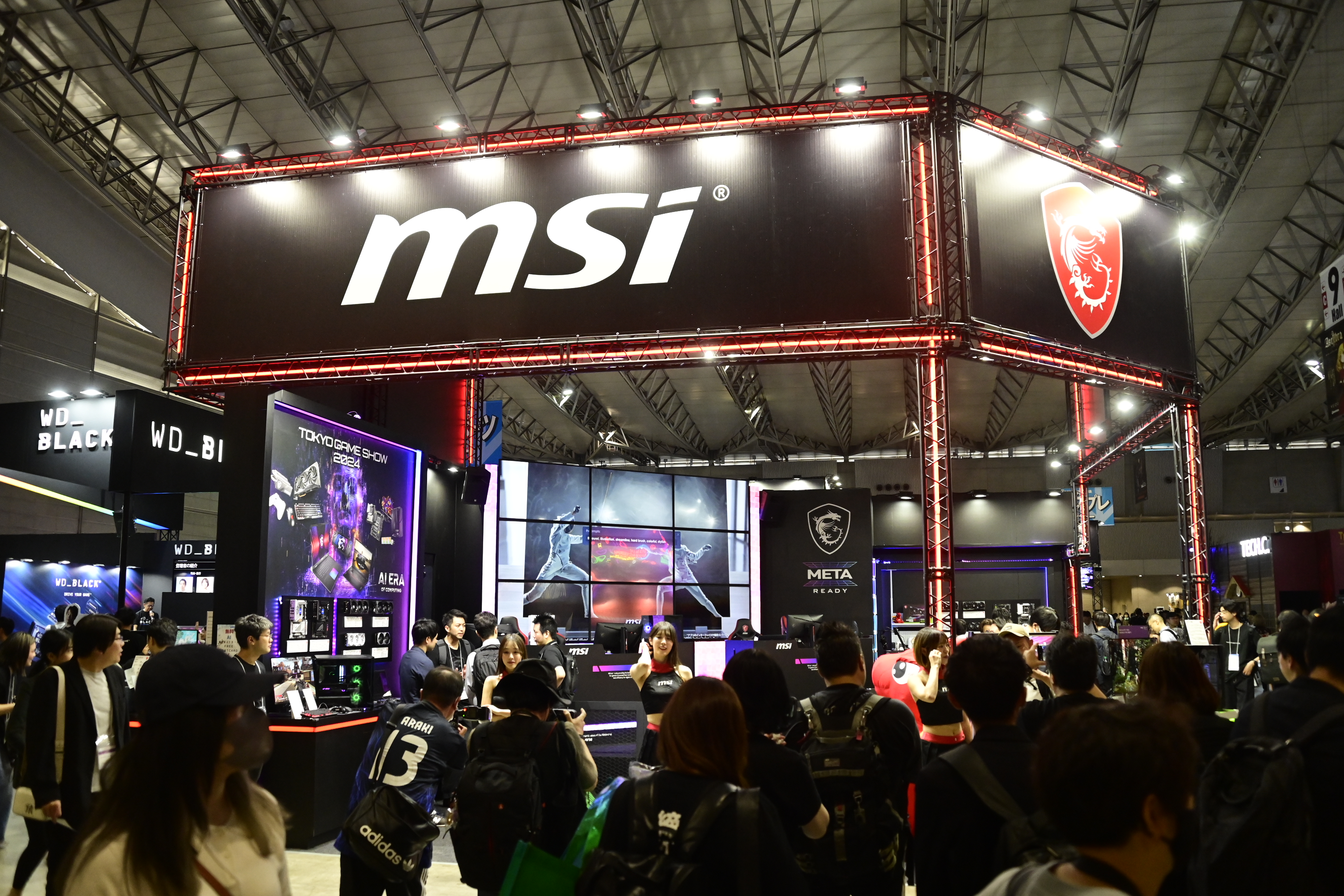
Then, hopefully, their major AAA play lands and is a success. But as we've seen this year, even established Japanese and Western game makers have struggled to land these supposed major hits, with Star Wars Outlaws the most recent game to launch to 'softer than expected' sales.
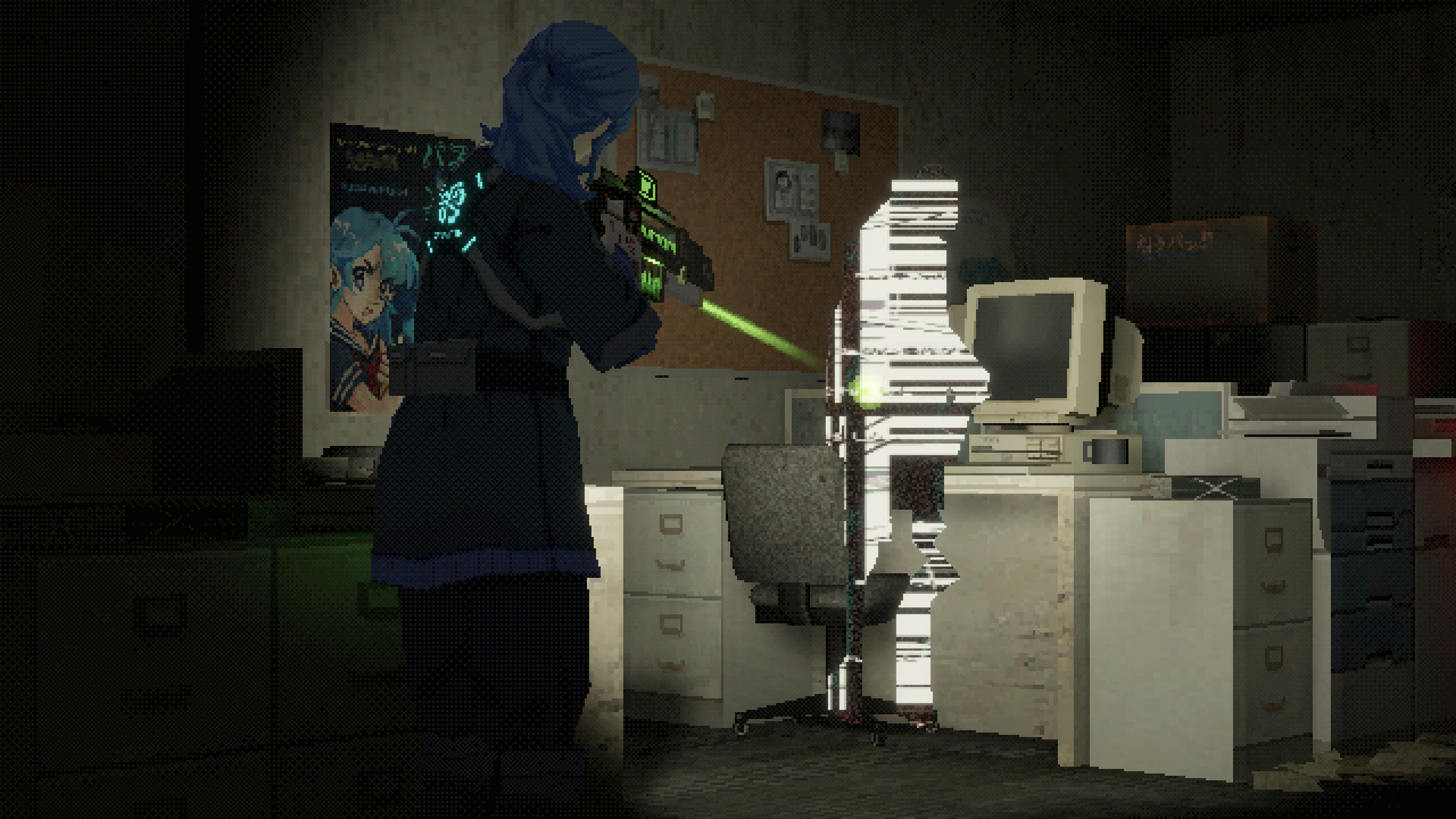
This situation (due especially to the harsh development costs of making big games now) has seen over the last 5 years many indie studios emerging, especially in Japan, producing low-budget games with big ideas. Indeed, there's been so many that now there is a specific Indie Game show as part of TGS 2024. And, guess what, almost all these games are launching on PC day one. Games like Nightmare Operator and Platform 8.
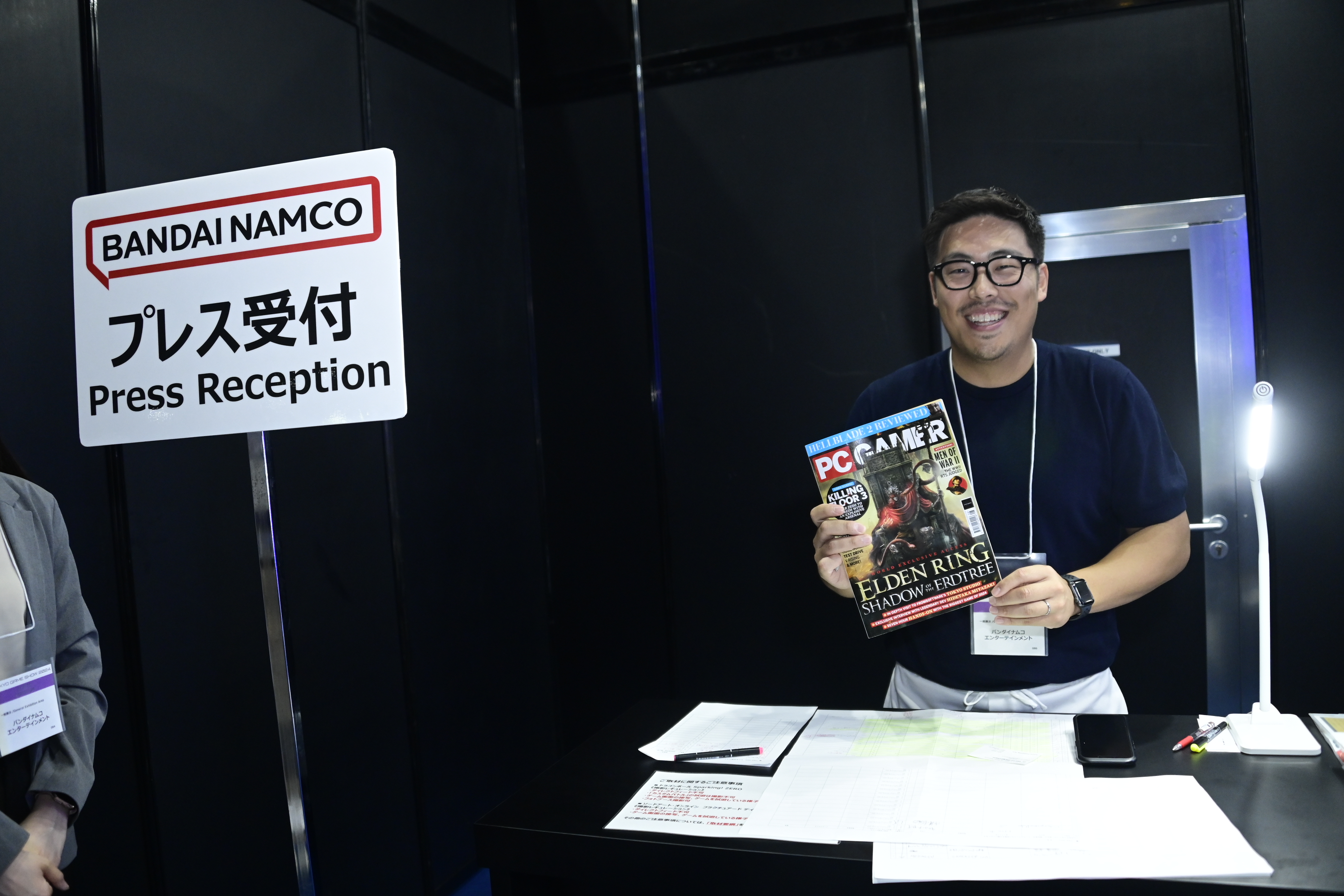
As such, despite these crises within the wider industry, PC and its versions of all the biggest upcoming games seems to be the real winner of this Tokyo Game Show. And, as someone who has reported from TGS for many years, this really is quite unprecedented, as the PC has never normally been so visible at TGS. Even 10 years ago, it would have been unheard of for the PC to get so much attention here, but times have changed, and our beloved gaming platform of choice is now an area where, post console exclusives, all publishers are looking for growth.
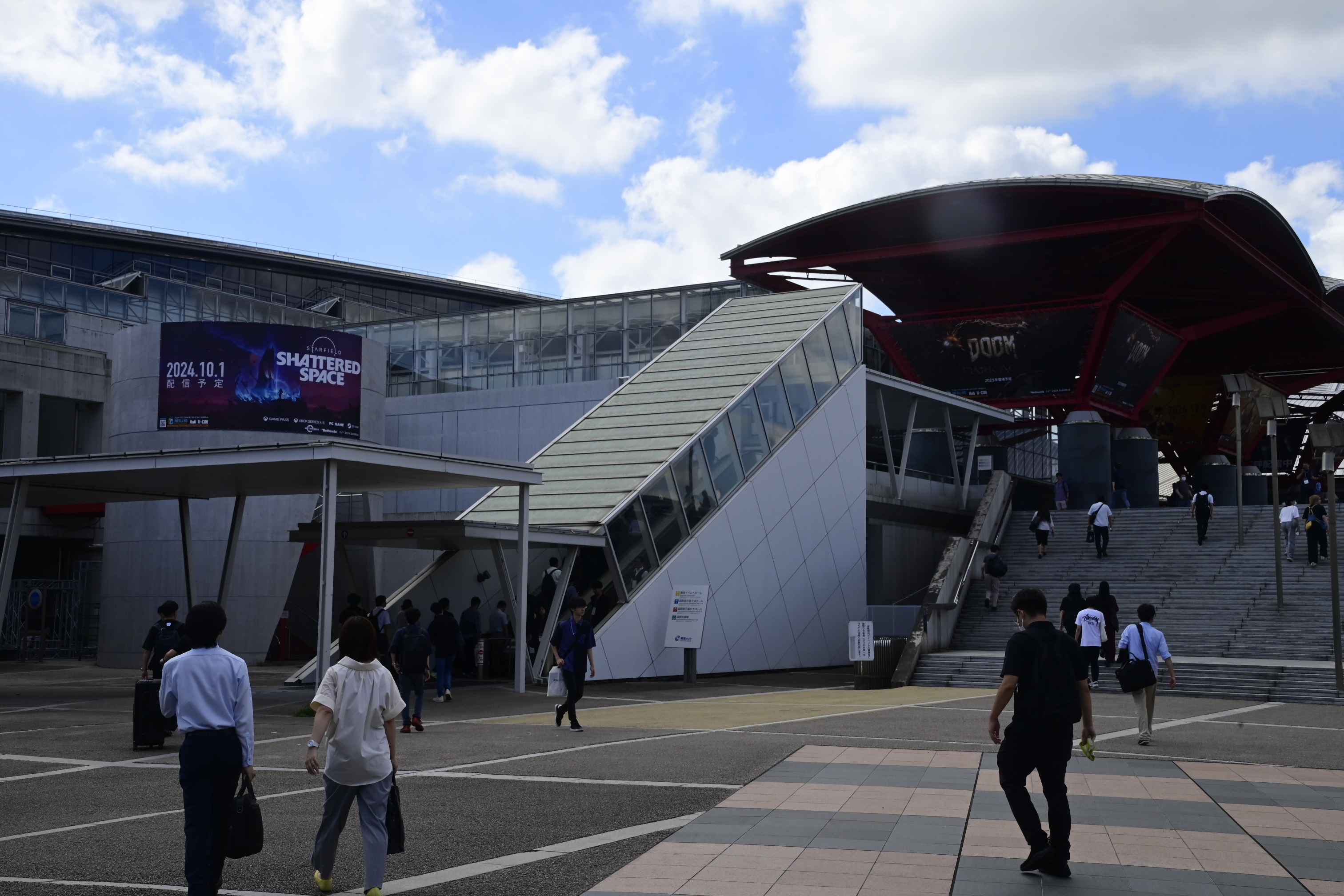
Tomorrow I'll report in on Xbox, Konami and others' showings at Tokyo Game Show 2024, specifically in terms of what PC gamers can expect from the studios going forward. Exciting times lie ahead!







